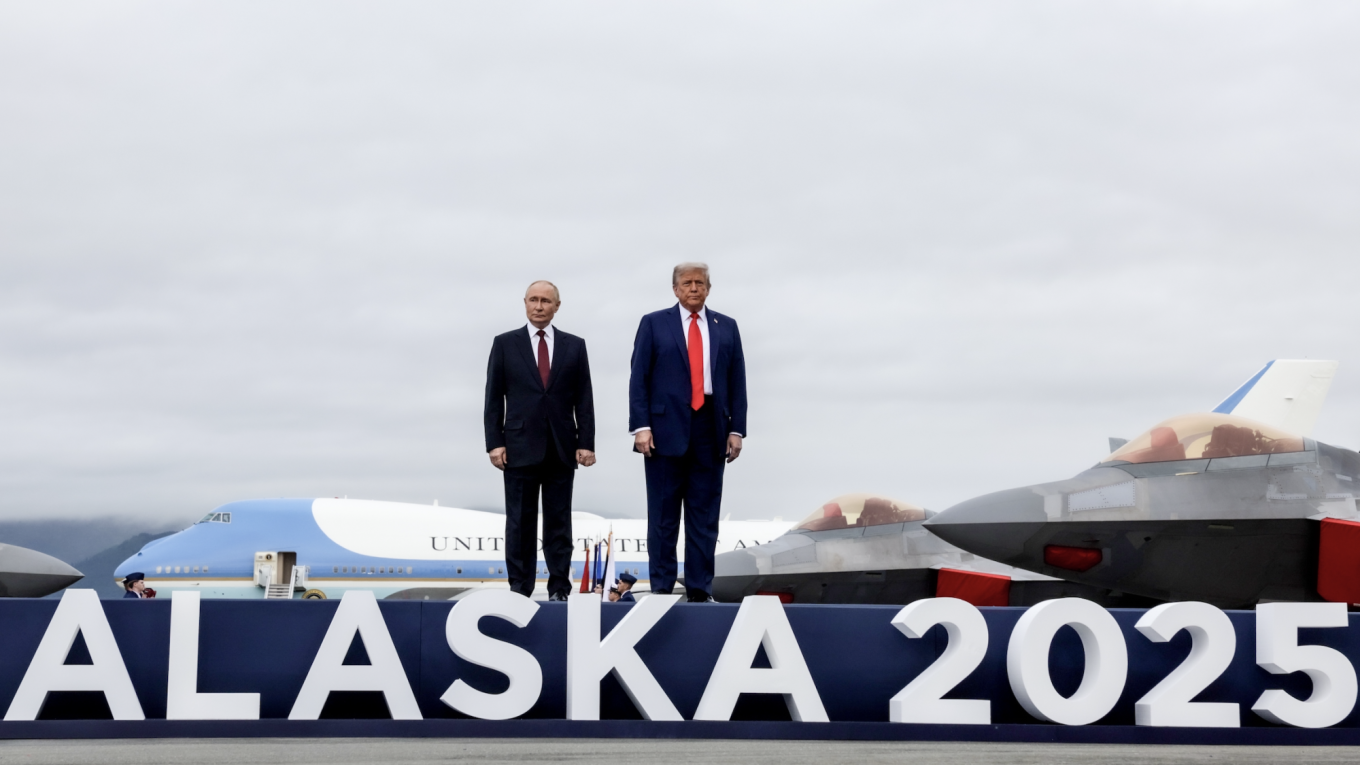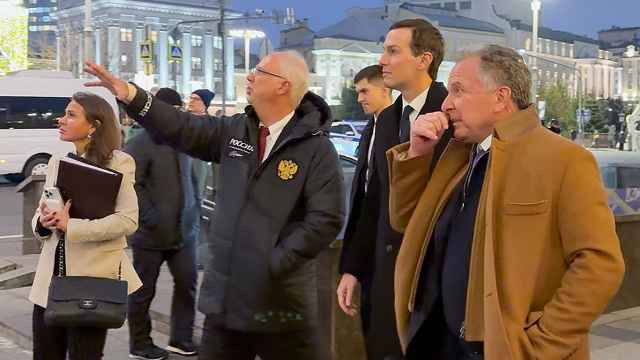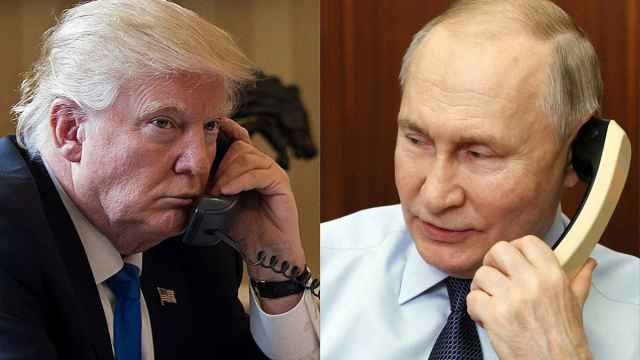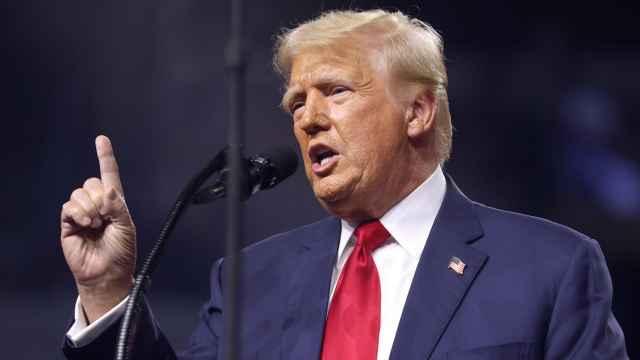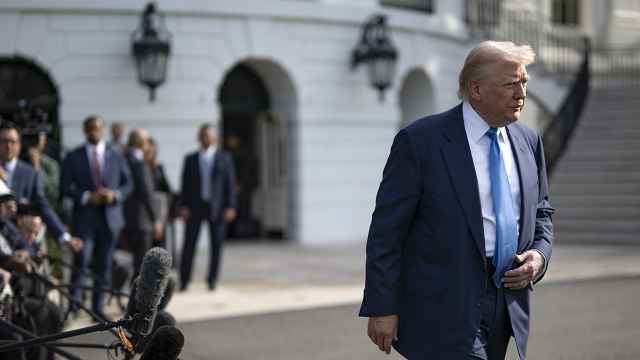When he welcomed Russian President Vladimir Putin, a leader wanted on war crimes charges and isolated from the West, to U.S. soil, President Donald Trump had hoped to strike a bargain that would put Moscow and Kyiv on the path to peace — with a Nobel Peace Prize for himself not far off.
But not even a red-carpet welcome in which Trump greeted Putin with applause, hailed their close relationship and let him ride in the presidential limousine would be enough to bring Russia any closer to a ceasefire.
During their three-hour meeting at a military base in Alaska, a former Russian imperial possession, the leaders said they found some common ground but did not reach a ceasefire agreement for the war that has killed tens of thousands and led to Moscow occupying 20% of its neighbor.
Ukrainian leader Volodymyr Zelensky is expected to travel to Washington on Monday while key European presidents and prime ministers held protracted talks on Saturday after Trump briefed them on the summit.
Yet some experts say that the summit, which was considerably shorter than the six to seven hours the Kremlin had forecast, “fulfilled its minimum purpose” for both Moscow and Washington.
“The meeting demonstrated — or rather, it gave each side the opportunity to declare — that they want peace, while in reality, they’ll continue doing exactly what they were doing before,” former Russian diplomat Boris Bondarev told The Moscow Times.
“Trump will continue trying to be friendly with Putin without any sanctions, while Putin will keep waging war, claiming that he and Trump are somehow working to strengthen peace,” said Bondarev, who served in Russia's mission to the UN in Geneva until the invasion of Ukraine.
Emerging from the three-hour talks into a scheduled press conference, Trump and Putin exchanged warm words in their short statements but declined to take questions from reporters.
Despite an "extremely productive" session with "many points" of agreement, Trump said “there’s no deal until there's a deal,” without offering specifics on where differences remained.
Putin also spoke in general terms of cooperation at the joint press appearance that lasted just 12 minutes.
"We hope that the understanding we have reached will... pave the way for peace in Ukraine," Putin said.
During his speech, Putin also mentioned the “root causes” of the war, a reference to the Kremlin’s demands that Ukraine be permanently kept out of NATO, its military downsized and Kyiv firmly placed within Russia’s sphere of influence.
“I have repeatedly said that the developments in Ukraine present fundamental threats to Russia’s national security,” Putin said.
“All of Russia’s legitimate concerns must be taken into account, and a fair security balance must be restored in Europe and the rest of the world,” he added.
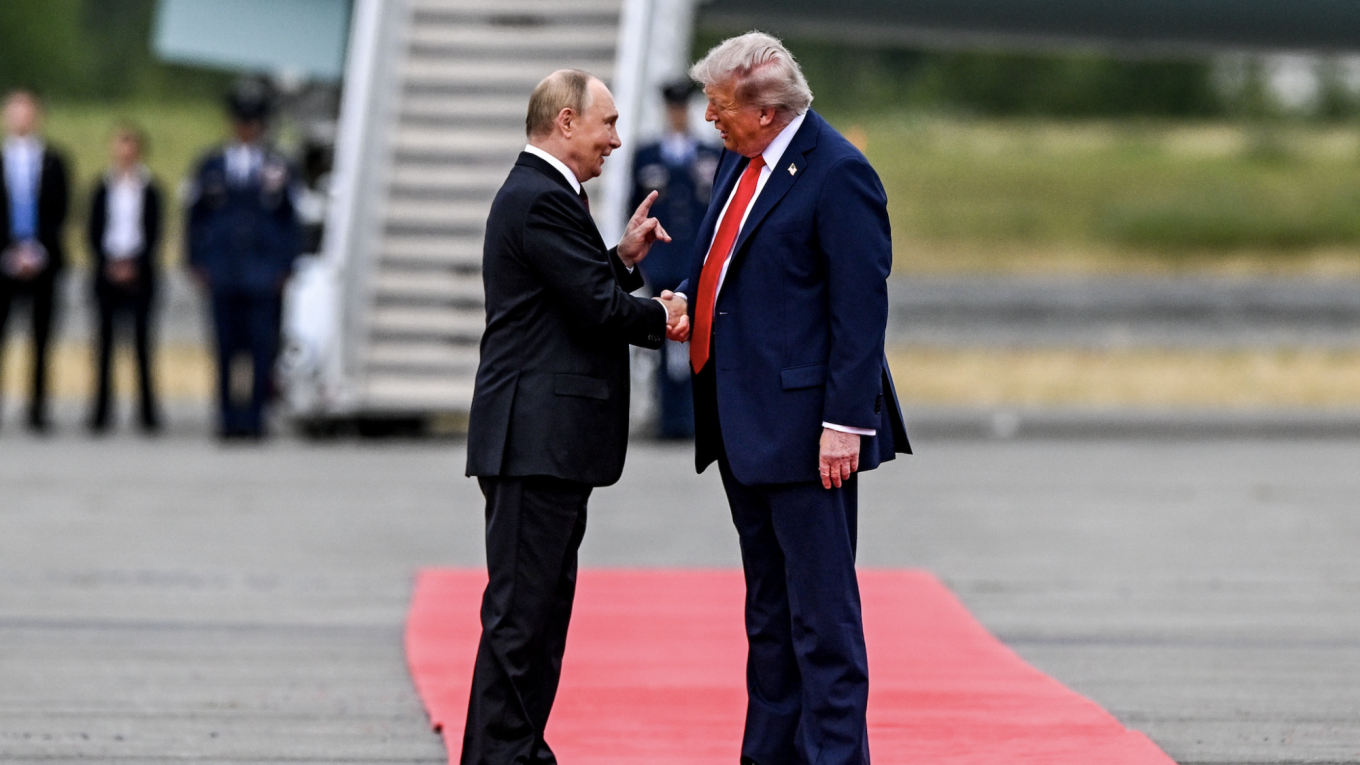
According to Alexandra Filippenko, an independent Russian expert on American politics, “the main point is that there are virtually no results.”
“The key outcome, in my view, is confusion — particularly on the U.S. side,” Filippenko told The Moscow Times.
“Most importantly, this sense of confusion is evident even among conservative media and Trump’s staunch supporters,” she added.
After the talks wrapped up earlier than expected with no concrete agreements announced, wider talks between the delegations and a working lunch were also canceled.
This means there were likely no discussions on economic partnership, the Arctic or relations with China, Filippenko noted.
“So far, aside from Putin’s diplomatic ‘victory’ — the visit of an international criminal to the U.S., a red-carpet welcome and applause from the American president — no real progress is visible,” said Maria Snegovaya, a senior fellow on Russia and Eurasia at the Center for Strategic and International Studies (CSIS).
“Hopefully, this is good news for Ukraine: Putin’s intransigence should be met with U.S. sanctions,” Snegovaya added, referring to Trump’s threats to hit Moscow with steep secondary sanctions if it did not agree to end its war on Ukraine by Aug. 8.
Trump, in his turn, stated after the talks he would not impose new sanctions on Russia or its trading partners, adding that “I may have to think about it in two weeks or three weeks or something, but we don't have to think about that right now.”
Meanwhile, pro-Kremlin experts and Russian officials are largely hailing the meeting as a success for Moscow.
“Roughly 80% of the issues have been resolved,” said pro-Kremlin political analyst Sergei Markov.
“A very warm, friendly and trusting relationship has developed between Putin and Trump. This is why the talks are widely seen as a victory for Putin and a breakthrough from isolation,” Markov said.
Russian Security Council Deputy Chairman and former President Dmitry Medvedev said that “a full-fledged mechanism of high-level meetings between Russia and the U.S. has been restored — calm, without ultimatums or threats.”
“Key point: both sides have directly placed responsibility for achieving future results in talks on ending hostilities on Kyiv and Europe,” added Medvedev, who is notorious for spouting hawkish anti-Western tirades on social media.
According to Bondarev, this approach by Putin and Trump — one that avoids any concrete decision on ending the war in Ukraine — could continue for some time.
“Putin will continue until he achieves his goals, unless someone puts up real resistance. If Ukraine can hold out for several more years, then the war will likely drag on for years,” Bondarev said. “At some point, Trump may be forced to act.”
“But for now, there has been no sign of that — and it seems both leaders remain quite satisfied with one another,” he said.
AFP contributed reporting.
A Message from The Moscow Times:
Dear readers,
We are facing unprecedented challenges. Russia's Prosecutor General's Office has designated The Moscow Times as an "undesirable" organization, criminalizing our work and putting our staff at risk of prosecution. This follows our earlier unjust labeling as a "foreign agent."
These actions are direct attempts to silence independent journalism in Russia. The authorities claim our work "discredits the decisions of the Russian leadership." We see things differently: we strive to provide accurate, unbiased reporting on Russia.
We, the journalists of The Moscow Times, refuse to be silenced. But to continue our work, we need your help.
Your support, no matter how small, makes a world of difference. If you can, please support us monthly starting from just $2. It's quick to set up, and every contribution makes a significant impact.
By supporting The Moscow Times, you're defending open, independent journalism in the face of repression. Thank you for standing with us.
Remind me later.



